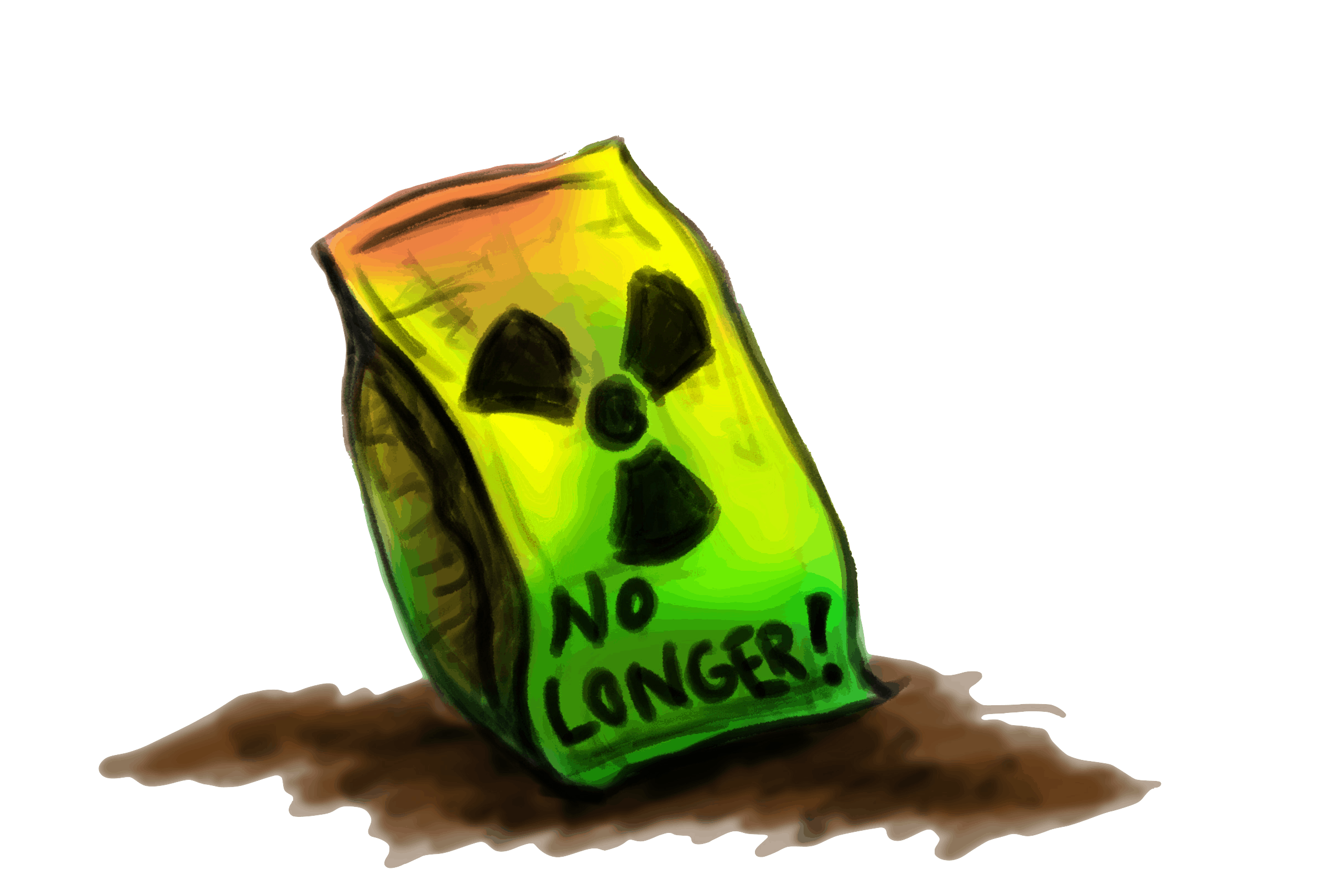While he was a chemical engineering graduate student at U of T, Andrew White stumbled onto a process he believed had the potential to “turn waste into business.” With seed capital and coaching from a program called VentureStart, he is now running a demonstration unit at a lead customer site, and is already pitching for his next round of funding.
 During a tour of a renewable energy plant, the 2010 grad saw waste in an otherwise efficient process. “I was astonished to see how much waste was created from producing renewable natural gas,” he says. “After seeing that, I wanted to turn the waste it produced into something these companies could use.”
During a tour of a renewable energy plant, the 2010 grad saw waste in an otherwise efficient process. “I was astonished to see how much waste was created from producing renewable natural gas,” he says. “After seeing that, I wanted to turn the waste it produced into something these companies could use.”
White’s innovation is a method for filtering out toxic and corrosive hydrogen sulfide from biogas, and turning it into valuable fertilizer. Biogas desulfurization is essential in renewable energy plants that use methane gas to generate electricity, because, before it can be used as fuel, the gas stream must be cleaned to prevent serious engine corrosion issues.
The real brilliance of White’s forward-thinking approach is that the used filters can afterwards be reprocessed to capture a rich mixture of elemental sulfur and sulfides, which are highly sought-after soil amendment and fertilizer products. Since the activated biochar in his filters is made from a by-product of the anaerobic digestion process used to create methane gas from organic materials, it completes the organic circle to offer a truly environmentally-sustainable, zero-waste solution.
White’s innovative approach, using a resource that would otherwise be thrown away, had already been validated in the laboratory. But in order to prove the marketability of his product, White needed the funding to develop a prototype.
That funding came through the Research, Innovation, Commercialization (RIC) Centre’s VentureStart program, which provides business skills training, and up to $30,000 in non-refundable seed capital to entrepreneurs who are graduates of Science, Technology, Engineering or Mathematics (STEM) programs in southern Ontario. VentureStart is funded by FedDev Ontario through the Scientist and Engineers in Business Initiative. The initiative is designed to help improve the business and management skills of entrepreneurs in STEM fields by improving access to financing and business support services to successfully launch and manage start-ups.
White formed a company called Char Technologies to market his product. His innovative approach won the Ivey Business Plan Competition in 2011. He then enrolled in the VentureStart program, through which the RIC Centre provided him with business coaching, mentoring and networking opportunities, including an assigned Entrepreneur in Residence. After developing a solid pitch presentation, he qualified for VentureStart’s non-refundable seed financing.
“With the funding [from VentureStart], I can get out of the lab and go to potential customers and prove my technology works,” says White.
Having built a strong presentation for his concept, White went on to win the RIC Centre’s Innovator Idol 2012 event last June. Innovator Idol is a competition modeled on American Idol and Dragon’s Den, in which four companies are invited to present their new innovation to an investor panel for feedback. The most innovative ideas and the best pitches are chosen by the audience to win $50,000 in prizes.
White is further refining his marketing, supply chain and distribution plan, and forecasts $10 million in sales within four years.
VentureStart is available to entrepreneurs in southern Ontario and is coordinated by the RIC Centre in Mississauga. The RIC Centre is still actively looking for aspiring STEM entrepreneurs who want an opportunity to learn business skills and become eligible for non-refundable seed capital to join the program. Learn more at venturestart.ca.


